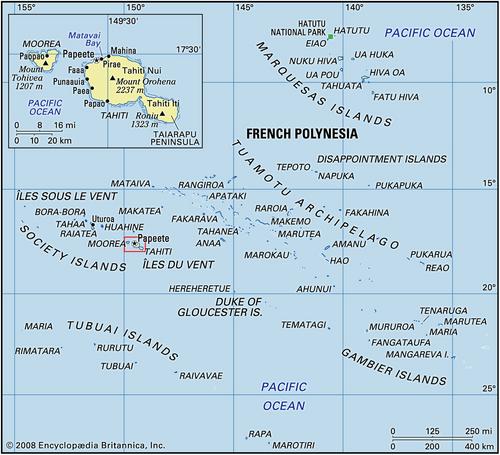“羞耻”的双重束缚:大溪地语言复兴的殖民后果
IF 1.4
2区 文学
Q1 ANTHROPOLOGY
引用次数: 0
摘要
本文讨论了与法属波利尼西亚土著语言塔希提语相关的“羞耻”(ha’amā)的多面性和不断变化的本质。尽管mha 'ohi新教教会的会众反对mha 'ohi土著的殖民退化,并促进土著语言的精神意义,但羞耻和尴尬的想法仍然是语言复兴的最大心理障碍。这项研究表明,虽然“语言赋权”试图扭转殖民耻辱,但“羞耻”的场所正在从殖民联想转变为基于年龄的习惯,进而转变为说话者未能拥有它。本文章由计算机程序翻译,如有差异,请以英文原文为准。

The double bind of “Shame”: The colonial ramifications in Tahitian language revitalization
This article discusses the multifaceted and shifting nature of “shame” (ha'amā) associated with Tahitian, one of the Indigenous languages of French Polynesia. Despite congregants at the Mā'ohi Protestant Church contesting the colonial degradation of Mā'ohi Indigeneity and promoting the spiritual significance of Indigenous languages, the idea of shame and awkwardness attached to speaking practices remains the largest psychological obstacle for language revitalization. This research establishes that while “language empowerment” attempts to reverse colonial stigma, the site of “shame” is shifting from its colonial associations to an age-based habit and, further, to the speakers' failure in owning it.
求助全文
通过发布文献求助,成功后即可免费获取论文全文。
去求助
来源期刊

Journal of Linguistic Anthropology
Multiple-
CiteScore
2.40
自引率
25.00%
发文量
35
期刊介绍:
The Journal of Linguistic Anthropology explores the many ways in which language shapes social life. Published with the journal"s pages are articles on the anthropological study of language, including analysis of discourse, language in society, language and cognition, and language acquisition of socialization. The Journal of Linguistic Anthropology is published semiannually.
 求助内容:
求助内容: 应助结果提醒方式:
应助结果提醒方式:


